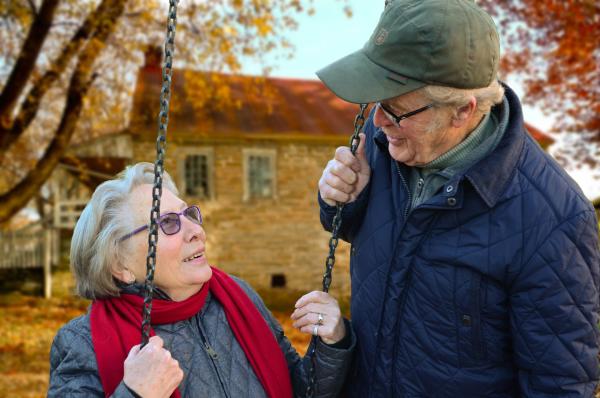Let’s begin by looking at the findings of the “study.” I am putting study in quotes because this is just another example, albeit an especially bad one, of mining a database created and maintained by others for academic purposes. Now, there is nothing wrong with retrospective studies; they are a time saver, eliminating the need to explain to an Institutional Review Board the necessity and ethics of your study. More importantly, all the data has been collected; there is no need for labor-intensive verification and preparation attendant to database creation. All one has to do is run some statistical packages on the data of interest.
Of course, that means you have to assume that your data partner has done their job, creating a reliable dataset. While it is not the case here, the experience of fraudulent data provide by Surgisphere in Ivermectin studies come to mind.
The data comes from prescriptions filled by individuals undergoing outpatient surgery who have commercial insurance. It involves data from 25 health plans and the top 25 procedures for which opioids were given more than 50% of the time between 2011 and 2018. It considered prescriptions first filled either on the day of surgery or for the 14 days before or after surgery, the peri-operative period.
The details:
- 450,125 opioid-naïve (not having an opioid prescription within a year) couples
- 48.7% of patients were women; the mean age of couples was 48
- 384,746 patients filled prescriptions written in their name; the rate of fill by their spouses was 0.5/1000 surgeries on the day of surgery or peri-op period. While this may sound like a considerable number, actually, it is only 192 (0.05%).
- 65,379 opioid prescriptions were not filled by the patient; in this instance, spouses filled those prescriptions 156 times on the day of surgery and 28 times during the peri-operative period.
- Opioid prescriptions associated with outpatient surgery, completed in the name of a spouse rather than the patient, occurred 376 times; for an overall incidence of 0.08%.
I admit these numbers are a bit difficult to fathom, so let’s describe the findings. While the patients themselves filled a majority of prescriptions, in some instances, their spouses filled the prescription on the day of surgery. Overall, the incidence of spousal fills was 0.08%. So why is this bad?
“This practice, while well-intentioned, would be unsafe and clinically inappropriate since the individual to whom a controlled substance is prescribed is not the intended recipient.”
Let’s consider all three clauses, well-intentioned, unsafe, and clinically inappropriate. Well-intentioned makes a great deal of sense; even the researchers concede that these prescriptions written and filled in the spouses' names were most likely intended for the patient. It would seem an additional hardship to have to stop on the way home and have the patient, to some degree disabled or in pain, have to go into a pharmacy to get their medications. Why must patients get the prescription themselves? Varying state laws on who can pick up opioid prescriptions and what identification they must provide.
Are these spousal prescriptions really unsafe? As the researchers determined from their data, spouses filling prescriptions on the day of surgery were unlikely to experience opioid-related adverse effects.
Are they clinically inappropriate? Yes, because prescribing for one patient on behalf of another automatically disables the “red-flag” warnings built into States’ Prescription Monitoring Programs, not flagging abusers and preventing “too early” refills
“At a minimum, however, our results provide strong evidence that inappropriate opioid prescribing is occurring, and this practice is unlikely to have a positive impact on patients or control of the opioid epidemic.”
The researchers do provide strong evidence, but for a weak effect – by their calculation, 0.028% of prescriptions were inappropriate. And while it might be true that it will unlikely have a positive impact, the real question is whether there is a negative impact. Are these opioids being diverted, abused, or causing adverse effects like addiction? For that concern, there is no data
“These laws create unintended barriers resulting in suboptimal care and ineffective monitoring.”
Writing a script for a spouse is a “workaround” used by physicians to reduce their workload in the face of external restrictions – specifically, the laws regarding who may or may not pick up an opioid prescription.
These laws need to change. If you don’t believe that is the case, then spend a few moments looking at a compilation of state regulations regarding how one must be identified when picking up a prescription. At a minimum, the prescribing rules should not be at odds with the monitoring regulations. This silliness is only one more indication of our misguided efforts to combat the "opioid crisis" – something any pain patient or their physician knows only too well.
Source: Inappropriate prescribing of opioids for patients undergoing Surgery PNAS DOI: 10.1073/pnas.221022611




